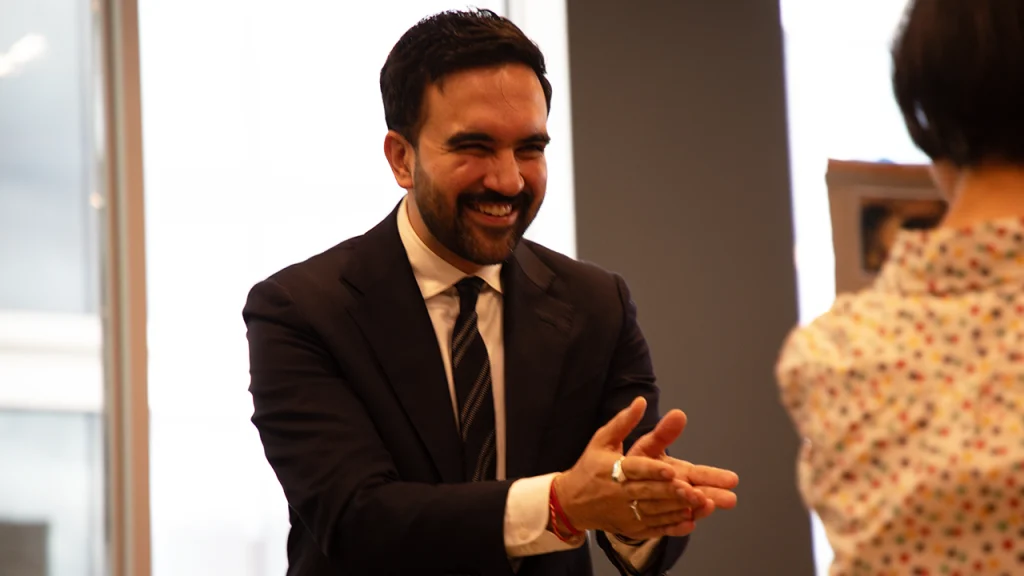NYC Officials Poised for Significant Pay Raises Amid Affordability Concerns
In a move that contrasts with the affordability-focused campaign that brought him to office, Mayor-elect Zohran Mamdani may soon benefit from a proposed 16% pay increase for top New York City officials. A bill introduced by Queens Democratic Councilwoman Nantasha Williams would boost council members’ salaries from $148,500 to $172,500, while pushing the mayor’s compensation from $258,000 to nearly $300,000. This legislation, expected to be introduced this week with hearings scheduled before year’s end, would allow the incoming City Council to vote on the measure as early as January 2024.
The timing of this proposal creates an interesting paradox for Mamdani, whose mayoral campaign centered on improving economic conditions for working-class New Yorkers. The 34-year-old Ugandan-born progressive advocated for ambitious initiatives including free public transportation, rent stabilization, universal childcare, city-operated grocery stores, and gradually increasing the minimum wage to $30 per hour by 2030. Mamdani consistently proposed funding these programs primarily through increased taxes on wealthy individuals and large corporations—positioning himself as a champion for everyday New Yorkers struggling with the city’s high cost of living.
This isn’t the first time Mamdani has supported pay increases for public officials. As a state assembly member in 2022, he voted to approve salary increases for state legislators. Now, the proposed city-level raises would not only affect the mayor’s office but would extend to other key positions including the comptroller, public advocate, and borough presidents—all of whom would see comparable increases in their compensation packages. The last time City Council members received a pay increase was in 2016, suggesting to some that an adjustment might be due after eight years.
The procedural strategy behind the bill appears designed to expedite its passage. According to Councilwoman Williams, holding hearings this year eliminates the need for additional hearings next year, allowing the bill to be “pre-considered” and potentially fast-tracked when the new council takes office. When questioned about whether the council would pass the pay increase in January, Williams straightforwardly acknowledged, “That’s the goal.” This approach has raised questions about transparency and the optics of rushing through salary increases for elected officials.
The proposal puts Mamdani in a particularly challenging position politically. As an incoming mayor who campaigned on affordability and economic justice, he now faces a decision that could be perceived as contradictory to his platform: either veto a bill that would benefit him financially or approve legislation that, as one source noted, makes “New York more affordable for the political class” while many residents continue to struggle with the city’s high cost of living. The contrast between advocating for a $30 minimum wage by 2030 for workers while potentially accepting a nearly $300,000 salary upon taking office creates a narrative that opponents could easily criticize.
The situation highlights the perpetual tension between appropriate compensation for public officials and the broader economic concerns of constituents. Supporters of such raises typically argue that competitive salaries are necessary to attract qualified individuals to public service and that periodic adjustments are needed to account for inflation and cost-of-living increases. Critics, however, often point to the timing and scale of such increases, particularly when they significantly outpace the wage growth experienced by average workers. For Mamdani specifically, his response to this proposal could become an early test of whether his governance will align with the progressive principles he championed during his campaign, or whether practical political considerations might lead to compromises that could disappoint his base of supporters.


